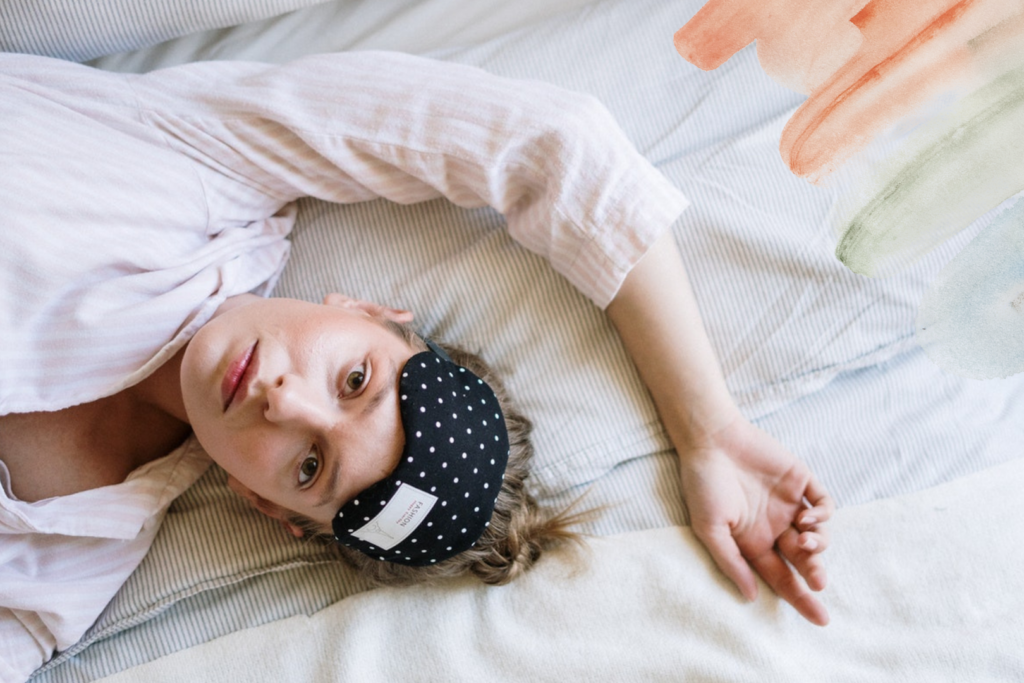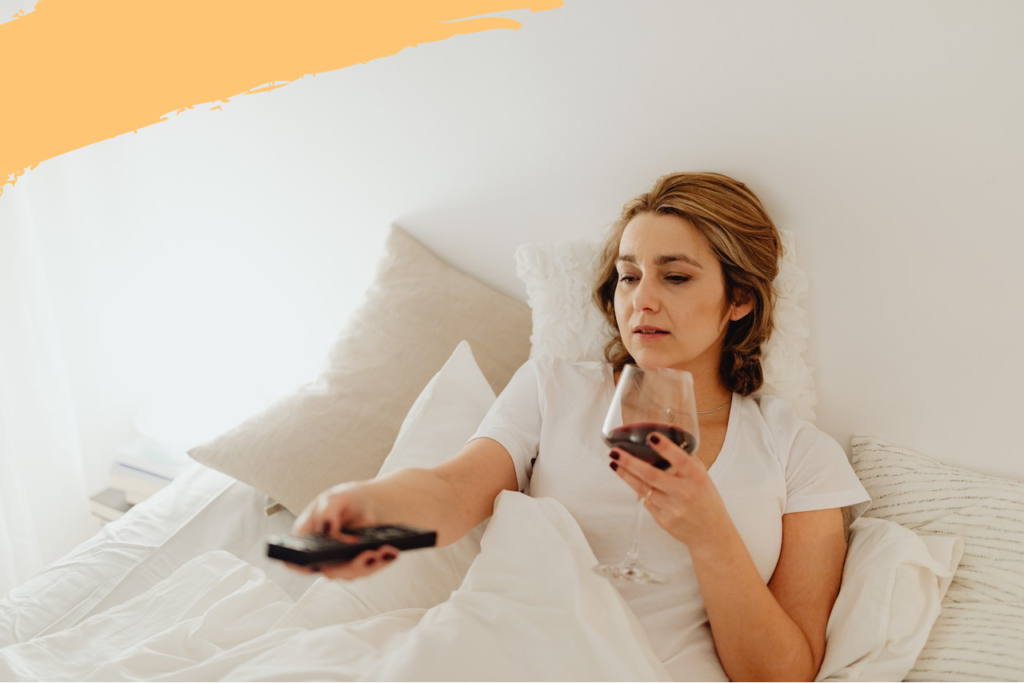The moon is up, the stars dot the midnight sky, it’s the perfect time for a restful slumber. But the tranquillity is short-lived, when the niggling call of nature summons you from your warm cocoon to the porcelain throne – the loo.
This nocturnal nuisance is a common plight experienced by many, whether you’re young or a bit further down life’s path. Luckily, there are ways to counter this inconvenience, to ensure a night of uninterrupted sleep. With that in mind, here are 7 essential tips to reduce those frequent night-time toilet trips.
Moderate Your Evening Drinks
It’s no secret that what goes in must come out. To lessen your loo visits, try limiting your fluid intake a few hours before bedtime. This doesn’t mean you should go thirsty. Just conscientiously control the amount and timing of your drinks. Remember, coffee, tea and other caffeinated beverages are known culprits for increasing urine production, so it’s worth swapping that bedtime brew for a soothing caffeine-free herbal tea.

Whilst many of us are aware that coffee, alcohol, and tea can set off an increased urgency to visit the loo, there are a few other drinks that may surprise you with their diuretic properties. Firstly, cranberry juice is one such beverage. Often touted for its effective role in fending off urinary tract infections, cranberry juice can increase urine production due to its diuretic nature. Soft, fizzy drinks, as well, can sometimes drive one to pee more frequently, potentially interrupting your peaceful slumber.
Herbal infusions, although popularly used for winding down before bed, can have varying effects depending on the herbs used. Infusions with ingredients like dandelion or nettle have a diuretic effect. Lastly, certain health or detox drinks, especially those containing cucumber, celery, and watermelon, can act as natural diuretics due to their high water content.
Reconsider The Timing Of Your Medication
Some medications, especially diuretics, can increase urine production. If you’re on such medications, discuss with your doctor if you can take them earlier in the day. This slight change can dramatically decrease the number of times you have to drag yourself out of bed. Always consult with your GP or other healthcare professional with questions about medication.

Embrace the ‘Double-Void’ Technique
This might sound odd, but it genuinely works. The double-void technique involves going to the loo, waiting a few minutes and then trying again. It’s a simple yet effective way to ensure your bladder is completely empty before hitting the sack, reducing the likelihood of further nocturnal disturbances.
Ditch The Late-night Tipples
Indeed, a nightcap might seem like a fine idea to induce sleep quickly. However, alcohol disrupts the normal sleep cycle and promotes the production of urine. This double whammy invariably leads to you navigating dark corridors in the wee hours. On top of that, alcohol leaves you dehydrated, meaning you’ll be chugging water in the night to try to compensate. And we all know where that leads us back to…

Keep Active
Research suggests that sedentary habits contribute to excessive night-time urination. Make it a point to stay active during the day. Regular exercise can strengthen your pelvic muscles, improving bladder control and reducing your night-time loo visits.
Monitor Your Diet
Certain foods can irritate the bladder, including citrus fruits, tomatoes, chocolate, spicy foods, and artificial sweeteners. Try keeping a food diary to identify any potential dietary triggers and discuss your findings with a healthcare professional.

Seek Medical Advice
Persistent and unusually frequent night-time loo visits can be a sign of an underlying condition like diabetes, sleep apnoea, a urinary tract infection, or, as the institution at the forefront of testicular and prostate cancer research Urocare tell us, something more serious. If you’ve made the necessary lifestyle adjustments and seen no improvement, it’s essential to seek medical advice.
The Bottom Line
There you have it, seven essential tips for reducing those pesky night-time loo trips. Remember, everyone’s body is different, so what works for one person may not necessarily work for you. It’s all about finding the right balance and creating a routine that suits your lifestyle. Here’s to a future of uninterrupted, slumber-filled nights! Well, one can only dream…
*The above blog post is intended only to provide information and should not be used as a substitute for professional medical advice, diagnosis, or treatment. Always consult with a healthcare professional for any health concerns or before beginning any new health routine.*





